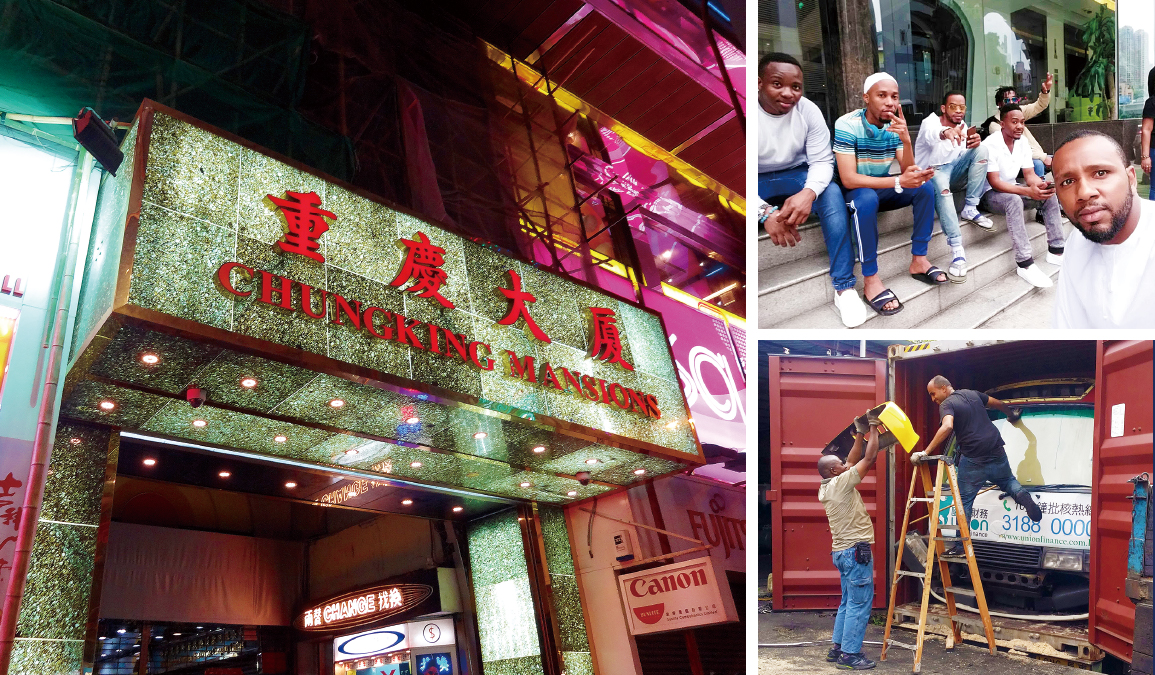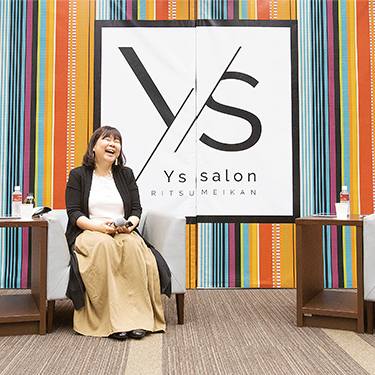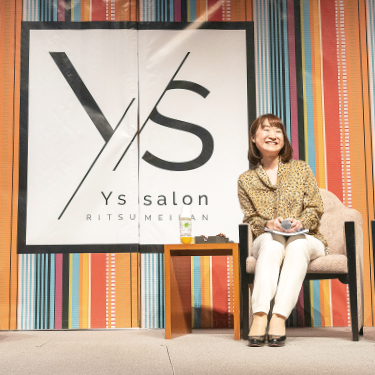The existing sharing economy “isn’t fun”
Existing and established examples of sharing economies like Airbnb and Uber are for good citizens who have idle assets and can comply with rules. These are mechanisms designed to eliminate unwanted noise from the world by utilizing idle things and increasing the efficiency and safety of trading. While the sharing economy is anticipated to grow in the future, it is dependent on whether a robust credibility system can be built, and therefore involves the development of “evaluation economy,” “credibility score” and various other concepts relating to credibility evaluation. These are, however, mechanisms to eliminate or exclude people with a high risk of non- performance, rather than to prevent non- performance from occurring.
In such mechanisms, what happens to those who don’t have any idle assets to trade with others? I mean the underprivileged people like my research subjects. They will be excluded from the system. The credibility system will accelerate toward perfection and as a result, a world dominated by credibility will emerge. There, a single gaffe may destroy one’s reputation and the echo chamber effect will become magnified. Echo chamber is a situation in which beliefs are amplified or reinforced by communication and repetition inside a closed environment where like-minded people gather. Is this what we wanted? Why did we start sharing and building a credibility system in the first place? Would it be fun to live in a world where one’s credibility is perfectly controlled?
TRUST is entirely different from conventional credibility systems. It is an SNS platform that developed among diverse people characterized by high fluidity and heterogeneity, through a process of trial and error as they tried to find a way to support each other without feeling obliged or indebted. Eventually, the platform came to be used for market trading as well. TRUST does not rate brokers by their credibility but allows users to surmise the personal situation of each broker. Users take the position that “You can’t trust anyone, but you can trust everyone at times, depending on the situation.” This means that even if you have been betrayed, you can trust someone again, depending on the situation. I think this is a reasonable system suited to survive in a world where anyone can be struck by accidents or mishaps.
 Chungking Mansions as a trading post
Chungking Mansions as a trading post
The idea of a utopia of gift economy realized through artificial intelligence
I hope to see a distribution system develop in the market economy that will enable things, services and information to spontaneously circulate and reach the person who needs it at that moment, without making someone feel overly indebted or giving excessive authority to anyone. If technologies like artificial intelligence are going to help this kind of distribution system come true, I think it’s not a bad idea to rely on technologies.
In his book “Shinyo no Shin Seiki Blockchain Go no Mirai (The rise of a new century of credibility -- the future post blockchain),” Dr. Kenji Saito, who studies blockchain technology and digital currency, refers to a short story “Maneki Neko” by Bruce Sterling (published in Taklamakan from Hayakawa Bunko). Maneki Neko is the name of a huge mutual aid network. People carry a tiny AI pocket computer with them to participate in an autonomous gift economy network.
For example, when a man (named Tsuyoshi) approaches a coffee shop to buy a cup of coffee, the pocket computer beeps and tells him to buy a cup of mochachino as well. Tsuyoshi comes out of the coffee shop with a coffee and mochachino in his hands. As he walks into a park, he sees a man with his head buried in his hands. The computer beeps again and tells Tsuyoshi to give the mochachino to the man in the park. When Tsuyoshi hands the cup of mochachino to the weary-looking man, he cheers up and says, “Thank you, this is just what I wanted!” The story depicts a utopia in which people follow the prompts of the network and give gifts or do acts of kindness to strangers without worrying about the reason. People’s needs and wants are thus satisfied creating a cycle of gifts of kindness.
“Today, as various solutions emerge to enable exchange of goods and services without the use of money, perhaps the gift economy depicted in the SF novelette is already starting to unfold in front of us,” Dr. Saito points out.
My Tanzanian interviewee in Hong Kong always says, “I don’t trust anyone,” but at the same time, he often mentions his customers’ names and says, “XX is really fond of me, you know.” What he’s trying to say is that if someone bets on you in a world where you can’t trust anyone, that person must really like you. Listening to his comments, I came to think that, to complacently attach a positive meaning to things and people that seldom turn out or act the way you want them to, it might be better to have a certain degree of uncertainty than to eliminate all uncertainties. I will continue to think about the meanings uncertainty may have for a future with technologies.
Profile
Sayaka Ogawa
Professor, Graduate School of Core Ethics and Frontier Sciences, Ritsumeikan University (Areas of expertise: area studies, cultural anthropology, ethnological studies). She has completed a doctoral course in the Graduate School of Asian and African Area Studies, Kyoto University. When she was a graduate student, she studied small- scale traders called Machinga in Tanzania, East Africa and the mechanisms of their commercial practices and social relations that seem to work by cheating and supporting each other at the same time. She even sold second-hand clothes by the roadside as part of her field work. Later her interests expanded to such areas as urban riots, border trading among East African countries, international networks for the distribution of second-hand clothes, imitation products, and the consumption of fake goods. Currently, she is studying African traders in China.
book
“Toshi wo Ikinuku tameno Kochi – Tanzania no Reisai Shounin Machinga no Minzokushi (Sly wisdom for urban survival – Ethnography of Machinga small- scale traders in Tanzania)” (2011 Sekaishisousha- Kyogakusha, Awarded the Suntory Prize for Social Sciences and Humanities)
“Sonohigurashi no Jinruigaku Mouhitotsu no Shihonshugi Keizai (Anthropology on a day-to- day lifestyle -- Another style of capitalism)” (2016 Kobunsha Publishing)
“Chungking Mansions no Bosu ha Shitteiru: Angura Keizai no Jinruigaku (The boss of the Chungking Mansions knows it all: Anthropology of underground economy)” (2019 Shunjusha Publishing)




